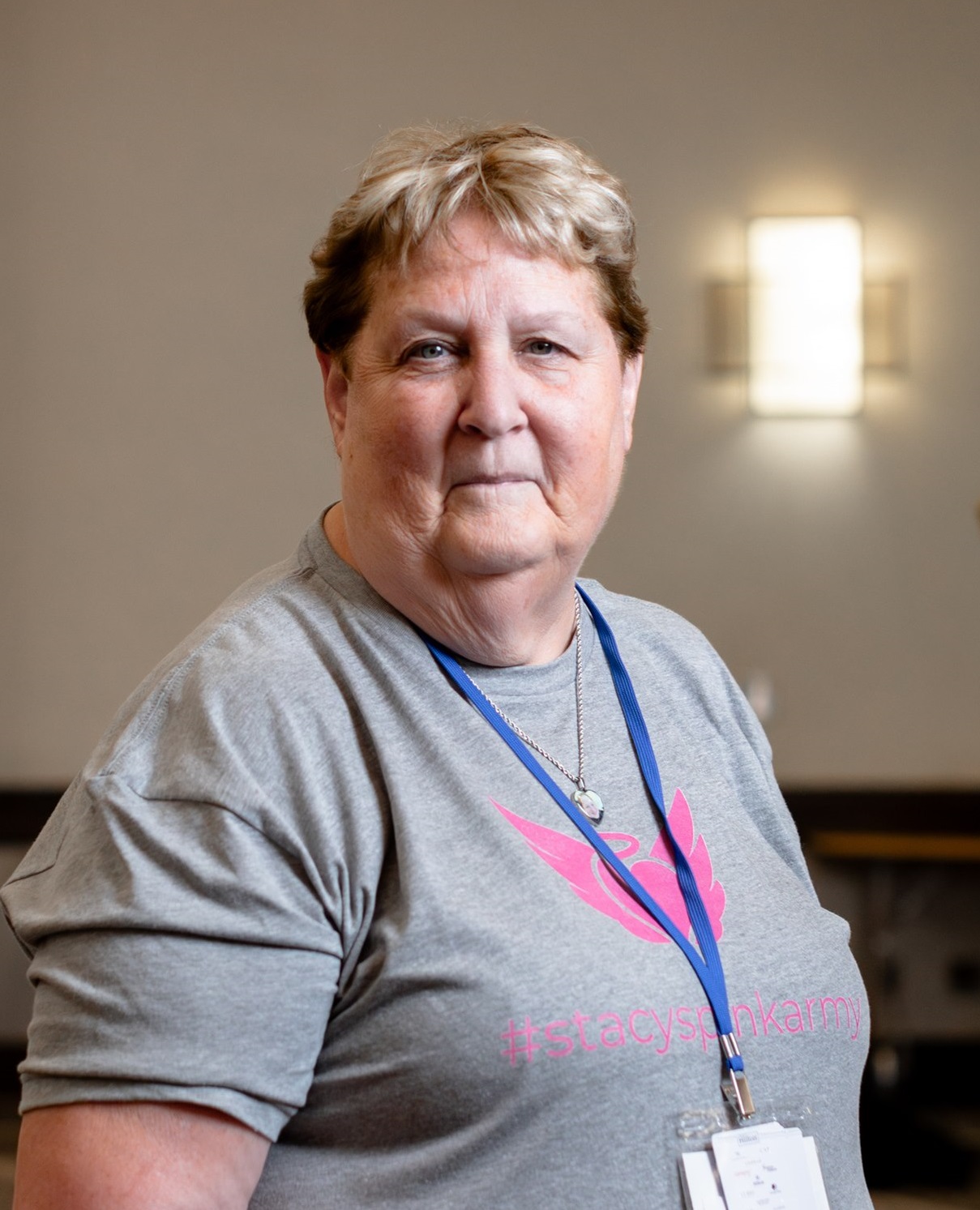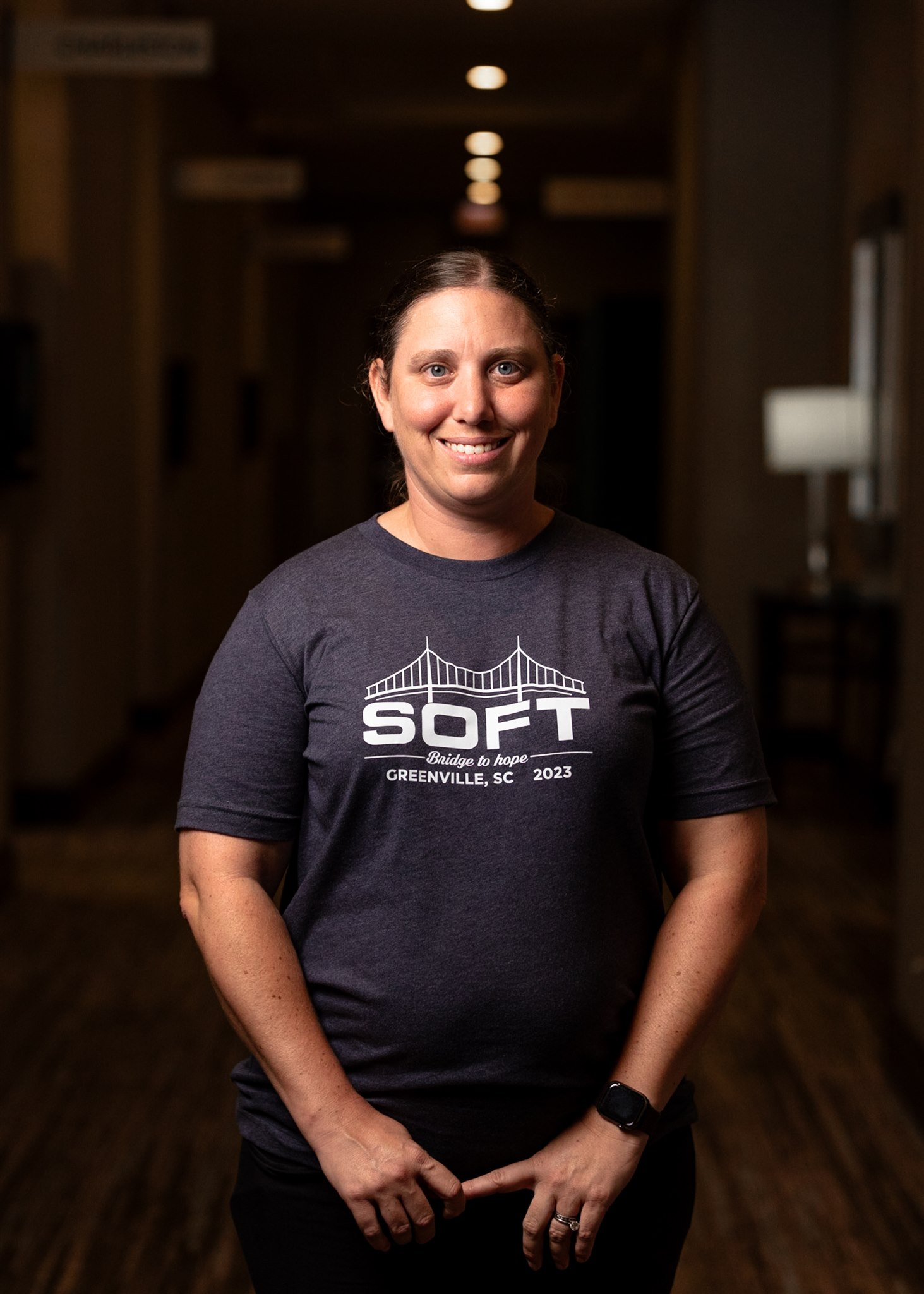
Questions and concerns about COVID-19 are regularly posed to health care professionals regarding the care for persons with trisomy 13, trisomy 18, and related trisomy syndromes. These issues were particularly relevant in the recent decision of the SOFT Board of Directors to host the hybrid 2022 Conference this July 13-17 in Roanoke Virginia. The SOFT Medical & Scientific Advisory Board considered it timely to summarize responses to the most frequently asked questions.
ATTENDING the 2022 Conference in-person:
This is an individual and personal decision that every family has to consider carefully. Parents hold varying views on attending in-person in July. Our first and most important recommendation is to obtain the opinion of your primary care provider and significant specialists (e.g., cardiologist and neurologist) caring for your family member. These professionals know the person with trisomy best.
COVID-19 VACCINES
We are recommending that all eligible children and adults with trisomy 18 and 13 be vaccinated against COVID-19 unless there is a medical contraindication. From the information and available data, the risks from the infection are definitely greater than the vaccine risks. Before doing so you should have the approval from your primary care professional and specialists following your family member (e.g. cardiologists and neurologists). As you know we don’t have specific information for persons with trisomy syndromes but the link to a article below may be helpful. COVID-19 vaccines are now approved for children 5-17 years old. It is likely in the next few months, vaccines will be approved for children 6 months to 4 years old. This recommendation is made after careful review of all information available to date and with input from the SOFT Medical & Scientific Advisory Board.
COVID PRECAUTIONS TO PREVENT INFECTIONS
In general, given that children with trisomy 13, 18 and other common trisomy syndromes are at a higher risk for severe illness with COVID-19, precautions will be more restrictive (for example, wearing high quality masks in public, avoiding indoor public areas as much as possible, etc). It is recommended you follow current CDC guidelines for higher risk individuals when possible (see the link to a timely paper in a pediatrics journal regarding COVID-19 vaccination in children with disabilities). And you should check your local or state health department sites to view local recommendations. As mentioned above, the biggest deterrent to serious illness and hospitalization is vaccination. How much risk you are willing to take for your child or yourself is a personal decision, after considering many different factors (for example, number of underlying medical conditions or positivity rates in your community). As always it is best to get your primary care professional’s advice as this person is the one who know your family the best.
Helpful links:
“Important Considerations for COVID-19 Vaccination of Children With Developmental Disabilities” by Dr Sarah Tinker
https://pubmed.ncbi.nlm.nih.gov/34272340/
CDC Guidelines and Frequently Asked Questions for all aspects of COVID-19 are available at
https://www.cdc.gov/coronavirus/2019-ncov/your-health/index.html






















Recent Comments